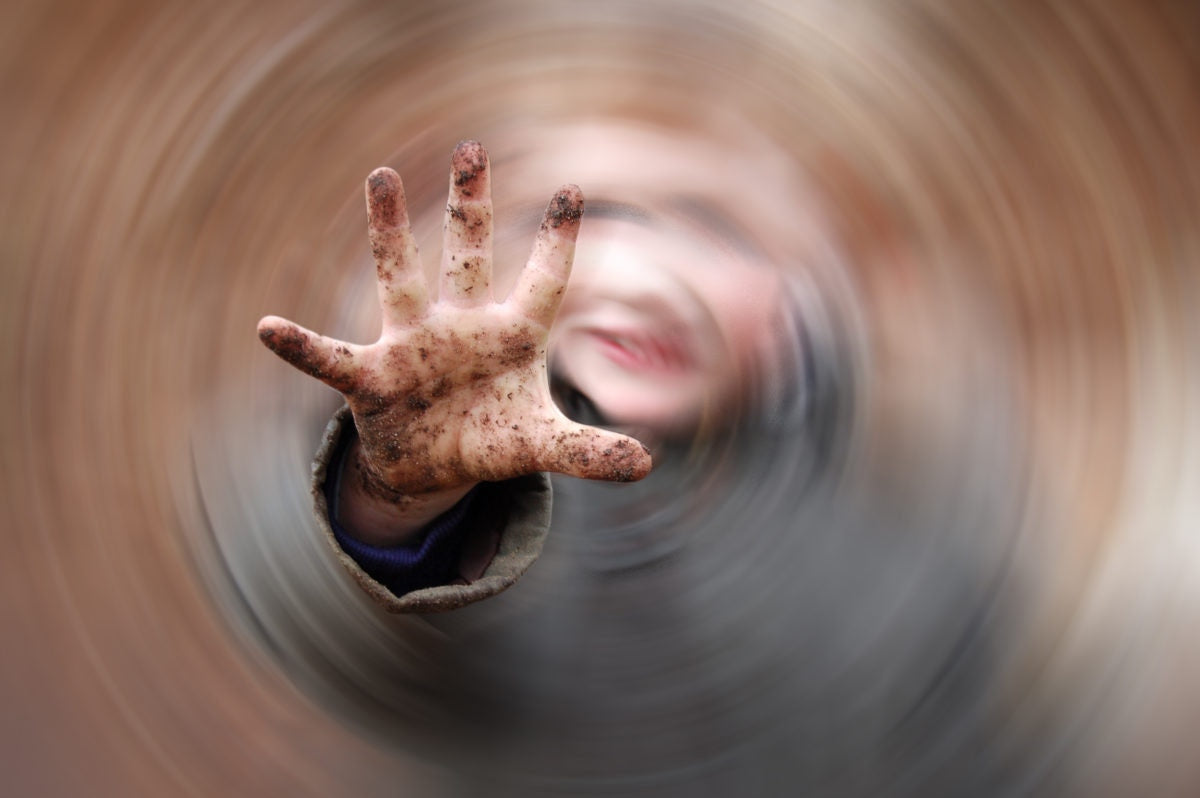This is a question I get a lot. I hear it from my patients, I hear it from my students, and I hear it from listeners who call into “About Our Kids,” my show on SiriusXM’s Doctor Radio. It’s a tough one, too, because becoming an adolescent does mean, to some extent, pushing boundaries. It’s one of the ways that adolescents learn about this world and their role in it – they challenge the rules that parents and teachers and society lay down. Driven by changes in their brains and hormones that most often take teens by surprise, our kids rebel a bit (and sometimes more than a bit) in their quest to prepare for adulthood and independence.
Although often very frustrating for the adults in their lives, this occasional defiance is an absolutely necessary part of growing up. The world is going to toss our kids a lot of curve balls in the years ahead. “Hey, nobody said life would be easy!” Don’t we tell our kids that all the time? In their normative quest for independence, our lovable, adorable prepubertal children will become, at least occasionally, surly teens.
But let’s be clear – while some tension between parents and teens is a normal part of growing up, mental illness is a whole other thing entirely. We now know that 50 percent of all mental illness sets on by age 14 and 75 percent by age 24. We know that one-third of all teens will develop a diagnosable anxiety disorder during high school, and we know that one-sixth will develop major depressive disorder. In other words, these disorders are much more common than once believed. So, how is a parent to know the difference between normal developmental friction and mental illness? Here are some key things to look for.
Parents should always be on the lookout for abrupt changes in their teens’ behavior, thinking, and emotions. Is your child hanging out with a new group of friends? Or is your child not hanging out with anyone at all? Is your child meeting all of his or her normal developmental milestones, like going to school, completing the homework, and eating and sleeping the usual amount? Have there been any changes in your teens’ grades and extracurricular interests and activities? Is your child expressing any disturbing thoughts, memory or attention troubles, major shifts in mood, high levels of unfounded anxiety, or not communicating with you at all? Does your child appear, smell, speak, or dress differently than usual? These are the primary tell-tale signs of a change in functioning that might indicate mental illness is fomenting.
As common as mental illness is among adolescents, it’s a travesty that only about one in five youth with a diagnosable disorder receives care; and among these, only about two percent receive a treatment known to be effective. This happens for three primary reasons: First, we don’t have enough well-trained child and adolescent mental health practitioners. Second, we don’t provide care where we have access to kids. In fact, only about 10 percent of the nation’s 80,000 or so public schools provide any mental healthcare. And third, both kids and parents stigmatize those with mental illness, which makes it much more difficult for people to accept care, even when it’s available and desperately needed. We don’t know everything about mental illness, but we now know enough to treat the majority of troubles effectively and to vastly improve the life trajectories of affected teens.
Of course, we must remember that not every problem spells mental illness. Our adolescents sometimes act out for just a few hours or show brief changes in behavior for all sorts of reasons. Sometimes they’re under-slept or over-caffeinated or both. Sometimes they’re stressed out by their homework or struggles with friends. And sometimes, they’re on a bender; in fact, more than 25 of high school students have binge drunk in just the past 14 days (defined as having five or more drinks in a two-hour time period). While parents would never condone these behaviors, they are all too common and not generally indicative of an emotional disturbance.
If you’re concerned about your child, or concerned about how you’re parenting your child, I strongly urge you to seek professional help. A child psychologist or child psychiatrist is your best bet. Go in with an open mind and an honest report. Believe me, we’ve seen it all. Your story won’t surprise us, and we won’t judge you, your child, or your parenting style. We’re here to help, and we all need help sometimes.



